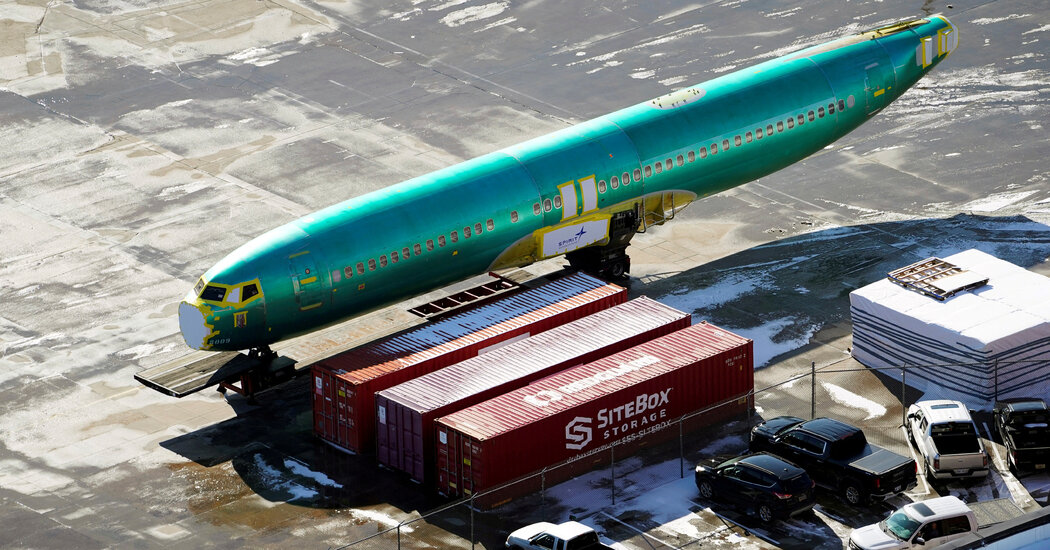Boeing, one of the world’s largest aerospace companies, has recently announced its agreement to acquire Spirit AeroSystems, a longtime supplier of aircraft components. The acquisition, valued at $4.7 billion, marks a significant move for Boeing as it looks to strengthen its supply chain and bolster its production capabilities.
Spirit AeroSystems has been a key supplier to Boeing for decades, providing a range of components including fuselages, pylons, and wing components for various Boeing aircraft models. By acquiring Spirit AeroSystems, Boeing will gain greater control over its supply chain and reduce its dependence on external suppliers, which can help streamline production processes and improve efficiency.
Boeing’s decision to acquire Spirit AeroSystems comes at a time when the aerospace industry is facing significant challenges, including supply chain disruptions, rising costs, and increased competition. By bringing Spirit AeroSystems in-house, Boeing can better manage these challenges and ensure a steady supply of components for its aircraft programs.
The acquisition of Spirit AeroSystems also aligns with Boeing’s broader strategy to expand its portfolio and diversify its revenue streams. In recent years, Boeing has made several strategic acquisitions to strengthen its position in the aerospace market, including the purchase of Embraer’s commercial aircraft division and KLX Aerospace Solutions.
In a statement announcing the acquisition, Boeing CEO Dave Calhoun expressed confidence in the strategic benefits of the deal, stating that it will “further strengthen Boeing’s vertical capabilities and expand its reach across the aerospace supply chain.” The acquisition is expected to close in the second half of 2022, pending regulatory approval.
While the acquisition of Spirit AeroSystems represents a significant investment for Boeing, it is seen as a necessary step to secure its supply chain and enhance its competitiveness in the aerospace market. With this move, Boeing is positioning itself for long-term growth and success in an increasingly challenging and competitive industry.


